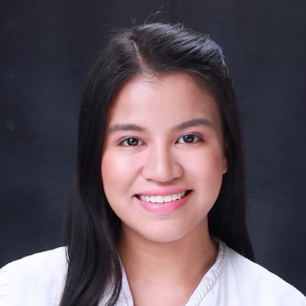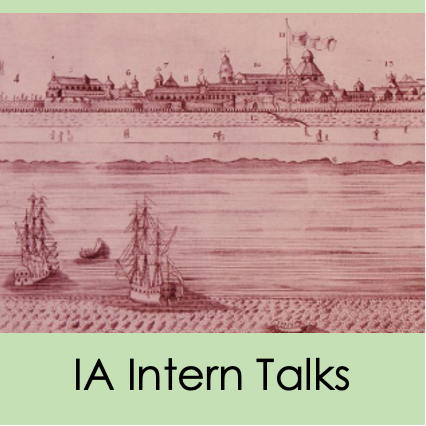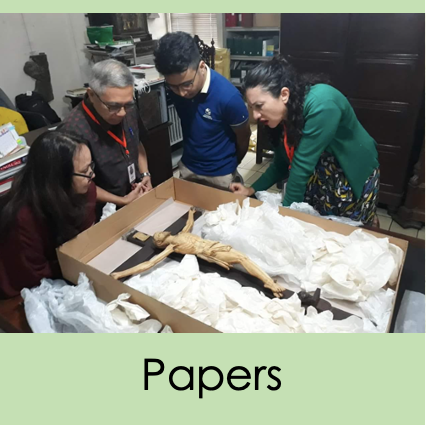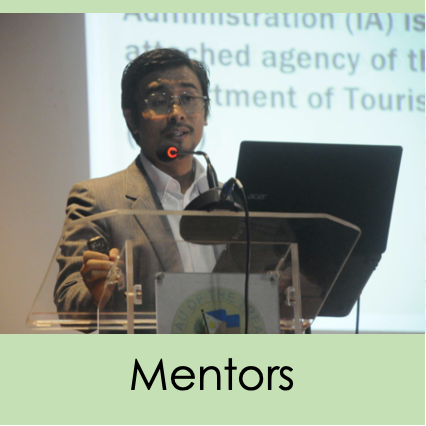By Sophia Eunice Maningas and Patricia Mae Soriso
Note: This is a paper produced under the Internship Program of the IA Center for Intramuros Studies.
Abstract
The Walled city of Intramuros is a vestige of the Spanish regime’s three-hundred-year colonization of the Philippines. It remains a relevant setting of history and continues to become an exemplary site for understanding the Spanish influence on Filipino identity. As a witness to a manifold of cultural contact and economic trade from foreign powers, Intramuros encapsulates the enduring influence of the Spanish colonial power. Hence, using McGee’s model of the phases of development among Southeast Asian cities, this study aimed to describe the salient urban elements of Intramuros and construct a connection between the historical trade activities and its impact as reflected on the culture of the city. A qualitative case study research was conducted using data analysis to explain the relationship drawn between the historical commercial activities that took place in Intramuros and the influence such activities had on the culture of the city. By analyzing and drawing conclusions from both primary and secondary resource materials, the researchers elaborated on the significance of the Galleon Trade in the physical and cultural formation of Intramuros and its residence. The study was also able to highlight the crucial role of the Walled city’s location and layout in facilitating trade and fostering socioeconomic and cultural progress. Clarity about this topic will contribute to the limited literature discussing the implications of trading history in Intramuros to its existing culture.
To get a copy of the paper email research@intramuros.gov.ph
About the Interns
This research paper was completed in July 2022 under the internship of Sophia Eunice Maningas and Patricia Mae Soriso

Sophia Eunice Maningas is an incoming senior student of BA Social Sciences (Area Studies) at the University of the Philippines Manila. She has participated in many studies that pertain to student behavior since she was in Senior High School. Her research interests include anything under the cultural history and economic history of the Philippines.
Testimonial: “Becoming a student-intern in the Intramuros Administration came with both the pressure and privilege. After a month and a half of working with the IA, I was able to observe the value of having a workplace that regards productivity and open communication even while working on a virtual setup. More than the grades and learnings about the ins and outs of Intramuros, the IA taught me that there is so much I can do as an individual to preserve what Intramuros has kept for the Filipinos.
Seeing as how my personal values and advocacies were aligned with my host institution’s goal of building and giving back to the community, the experience has allowed me to further reconcile my identity as an Iskolar ng Bayan and as a Social Sciences student. Hence, despite the pressure and struggles met along the way of writing a paper, the whole experience strengthened my resolve on how a research endeavor should always be in service of the people.
On top of the good work ethic and professional approach, the unceasing support and guidance from our mentor, sir Christian, were the foundation of the great and rewarding experience we had. As our practicum and research paper come to an end, I am beyond grateful for the opportunity to be considered as an intern for this respectable institution. Moving forward, I pledge to dedicate more time and attention not only on appreciating history and its lessons but also to use it as leverage as I face what lies ahead for the country socially, politically, and economically.”

Patricia Mae Soriso is an incoming senior student of BA Social Sciences (Area Studies) at the University of the Philippines – Manila. She is an active member of the Organization of Area Studies Majors. Her research interests include the political and cultural history of the Philippines and Southeast Asia, urban community development, and postcolonial women’s studies.
Testimonial: “The experience of being a research intern at the Intramuros Administration allowed me to be a part of a knowledge-building institution that effectively honed both my theoretical and practical skills as an Area Studies major. Despite being held remotely, working under the guidance of Sir Christian Catahan has been fulfilling and productive. His hands-on and consistent monitoring gave us the confidence and freedom to pursue the topic of our interest. He also provided the source materials that served a salient purpose in our research. Moreover, working on the digital microsites for the landmarks within Intramuros helped establish familiarity and understanding of the area and its history, culture, and heritage.
This internship opportunity reintroduced me to Intramuros, both as a historical space and as a thriving collective community, which helped me gain direction as to how the field of area studies apply in the context of the Philippines. Overall, my internship at the Intramuros Administration equipped me with valuable exposure to research and further ignited my passion for producing academic writings that amplify the narrative of Filipinos and our enduring culture and heritage.”
Mentor: Christian Emmanuel Catahan
Learn more about the Internship Program of the Center for Intramuros Studies
Contact us: research@intramuros.gov.ph
Interested in applying for an internship at the IA Center for Intramuros Studies? Email us your CV with cover letter via research@intramuros.gov.ph.
Note: The opinions expressed by our interns in their papers and presentations during their internships with us do not necessarily reflect any statement, stand, or position of the Intramuros Administration or of any of its personnel. Moreover, inclusion of research papers or project proposals in the online database of the Center for Intramuros Studies or the website of the Intramuros Administration do not necessarily constitute as an endorsement.
For more information contact the Center for Intramuros Studies via research@intramuros.gov.ph
Cannot find what you are looking for? Try requesting for more data via our eFOI Portal.









